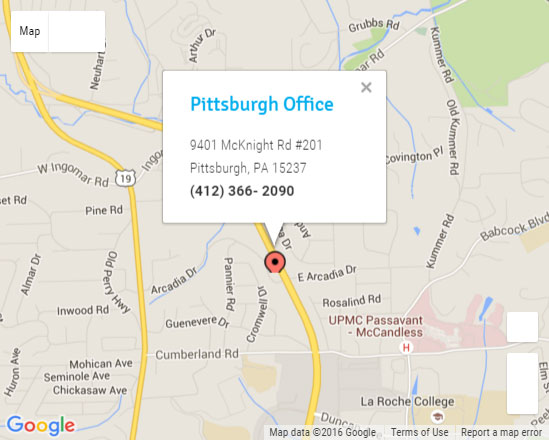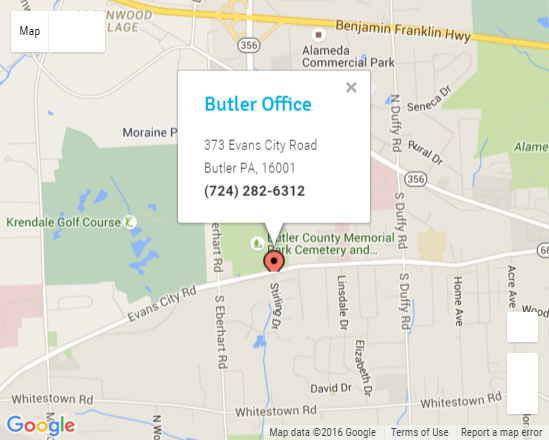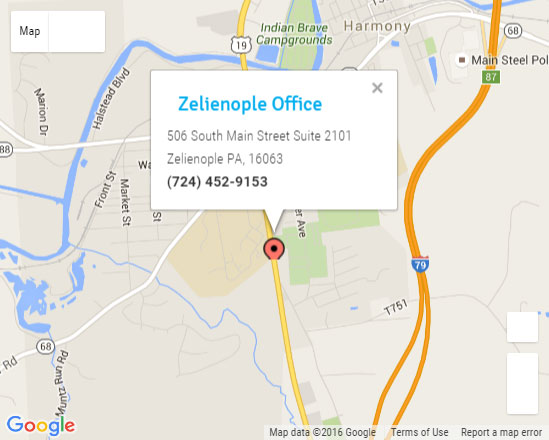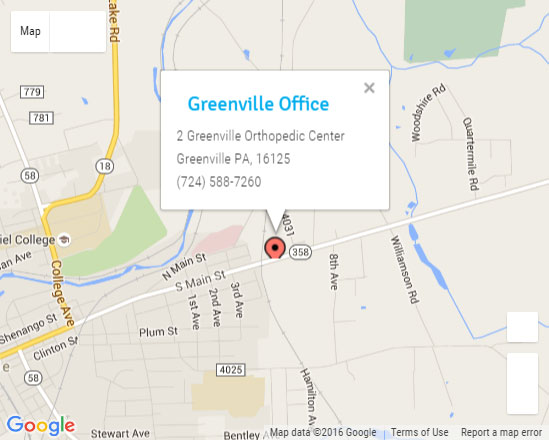After Wisdom Tooth Removal
The removal of impacted teeth is a serious surgical procedure. Post-operative care is very important. Unnecessary pain and the complications of infection and swelling can be minimized if the instructions are followed carefully.
Immediately Following Surgery:
- The gauze pad placed over the surgical area should be kept in place for a half hour. After this time, the gauze pad should be removed and discarded.
- Vigorous mouth rinsing or touching the wound area following surgery should be avoided. This may initiate bleeding by causing the blood clot that has formed to become dislodged.
- Take the prescribed pain medications as soon as you begin to feel discomfort this will usually coincide with the local anesthetic effect becoming diminished.
- Restrict your activities the day of surgery and resume normal activity when you feel comfortable.
- Place ice packs to the sides of your face where surgery was performed. Refer to the section on swelling for explanation.




